While mowing the lawn at his Grand Rapids home on a hot summer day in 2011, Tim Brouwer began to feel unusually weak.
When he turned to mow another row, his left leg started to drag.
“I had to sit down,” Brouwer, 57, said. “I couldn’t finish. I thought maybe it was a slipped disc or maybe a pinched nerve. Or maybe it was Lyme disease.”
It wasn’t any of those.
When Brouwer later went to see his doctor, the words “multiple sclerosis” came up.
For a moment, Brouwer caught his breath.
Could it be?
Multiple sclerosis is an incurable central system nervous disorder. The body’s immune system attacks myelin, which coats nerve cells.
The damage to the myelin interrupts signals from the brain to the body. Symptoms include muscle weakness, bladder problems, numbness, chronic pain, fatigue and difficulty with coordination, balance and vision.
Whenever the weather warmed or grew more humid, Brouwer felt his limbs tingle and go numb.
His doctor did more tests and told Brouwer he had probably begun to develop the disease many years ago. Brouwer thought back to his 20s and recalled moments when his legs felt oddly numb.
“By March 2012, the diagnosis was confirmed,” he said. “That was a showstopper. I was devastated. There were tears.”
Brouwer searched for help—something, anything to soften the blow.
Finding hope
In 2016, he met with Danita VanderKodde, PA-C, MSCS, a certified multiple sclerosis specialist with Spectrum Health Neurosciences.
“He had been taking medication since 2014 and he was experiencing side effects from those medications,” VanderKodde said. “An MRI showed more than 20 lesions on Tim’s brain, multiple scars caused by his body attacking itself.”
He also experienced intolerance to heat, something common in patients with multiple sclerosis.
VanderKodde offered help and hope in the form of Ocrevus infusions.
Ocrevus is an intravenous medication, administered twice a year by infusion. Brouwer had heard about the drug on the nightly news. He felt eager to give it a try.
“The infusions take four to six hours initially, less time for later infusions,” VanderKodde said. “Ocrevus seems to target specific types of B cells in the body that can be the drivers of the attack on nerve cells. B cells can activate the immune system and cause T cells to attack neurons. Ocrevus can interrupt that process.”
The Ocrevus infusions can replace the daily medications taken by patients with multiple sclerosis, VanderKodde said.
“That meant no more side effects of meds,” Brouwer said. “I was told Ocrevus could have side effects for some, but I never experienced any.”
Spa days
Brouwer came to call the days at the Spectrum Health Integrated Care Campus his spa days.
“The infusion nurses there are fabulous,” Brouwer said. “I expected to go into some place with chairs lined up and everyone hooked up to IVs, but instead it’s more like office cubicles, with TVs, internet, a warm blanket if you need it.”
Brouwer, who has always enjoyed staying busy, found he could even work while receiving the infusion.
For the past 37 years he’s worked in sales for a small company located at the Gerald R. Ford International Airport.
Nurses Kasie Holderman, RN, CNRN, Jamie Wertz, BSN, RN, and Yen Davis, BSN, RN, all tended to Brouwer during his infusions.
“Tim had his first infusion March 2019,” Holderman said. “He’s had seven in total now.
“At this point, the infusions take about three-and-a-half hours. And that includes observation time, when we watch for any side effects. Reactions might be rashes or hives, an itchy throat or ears—but Tim had none of those.”
Wertz smiles at the mention of Brouwer.
“He would usually come in with his wife, Laura,” Wertz said. “Tim would always take prescription steroids prior to the infusions to ward off any side effects, and it worked.”
The Ocrevus infusions don’t always improve the patient’s condition, so much as stabilize it, Davis said.
“Ocrevus has gained popularity since it was introduced in 2017 because it replaces the daily pills and injections patients might otherwise need,” Davis said.
Giving and receiving
Enthused by the boost from the infusions, Brouwer has shared his experiences—and hope—with other patients.
“I talk regularly with a couple other men who have MS,” he said. “We talk about what help is available to us—devices, power chairs, hand-control driving.”
To keep up his work schedule, Brouwer had a vehicle outfitted for hand-controlled driving.
His wife helped him maneuver the process, working with Mary Free Bed Rehabilitation Hospital and state licensing officials to convert his driver’s license and adapt his car.
“I worked with an instructor and had to pass a test first, then had my car modified,” Brouwer said. “Laura spearheaded that. She’s my rock star.”
For a moment, Brouwer’s voice trembles as he fights tears of gratitude.
“There have been many rock stars in this journey, but Laura is my total hero,” he said. “And my cane that I use for walking—I call it the sympathy stick.
“With that cane I have gotten to see who people are, how they respond to illness,” he said. “In general, I’ve found people are amazing, how strangers will go out of their way to help. That’s been the positive side of having MS.”
Brouwer recounts how his wife has at times reminded him he may not even realize how much people care.
“She’s told me how people sometimes walk behind me,” he said. “And I never knew it, all the people standing behind me to catch me if I fall. It’s the power of the cane. And my faith. And all the good people at Spectrum Health. I see the world now in a new way.”
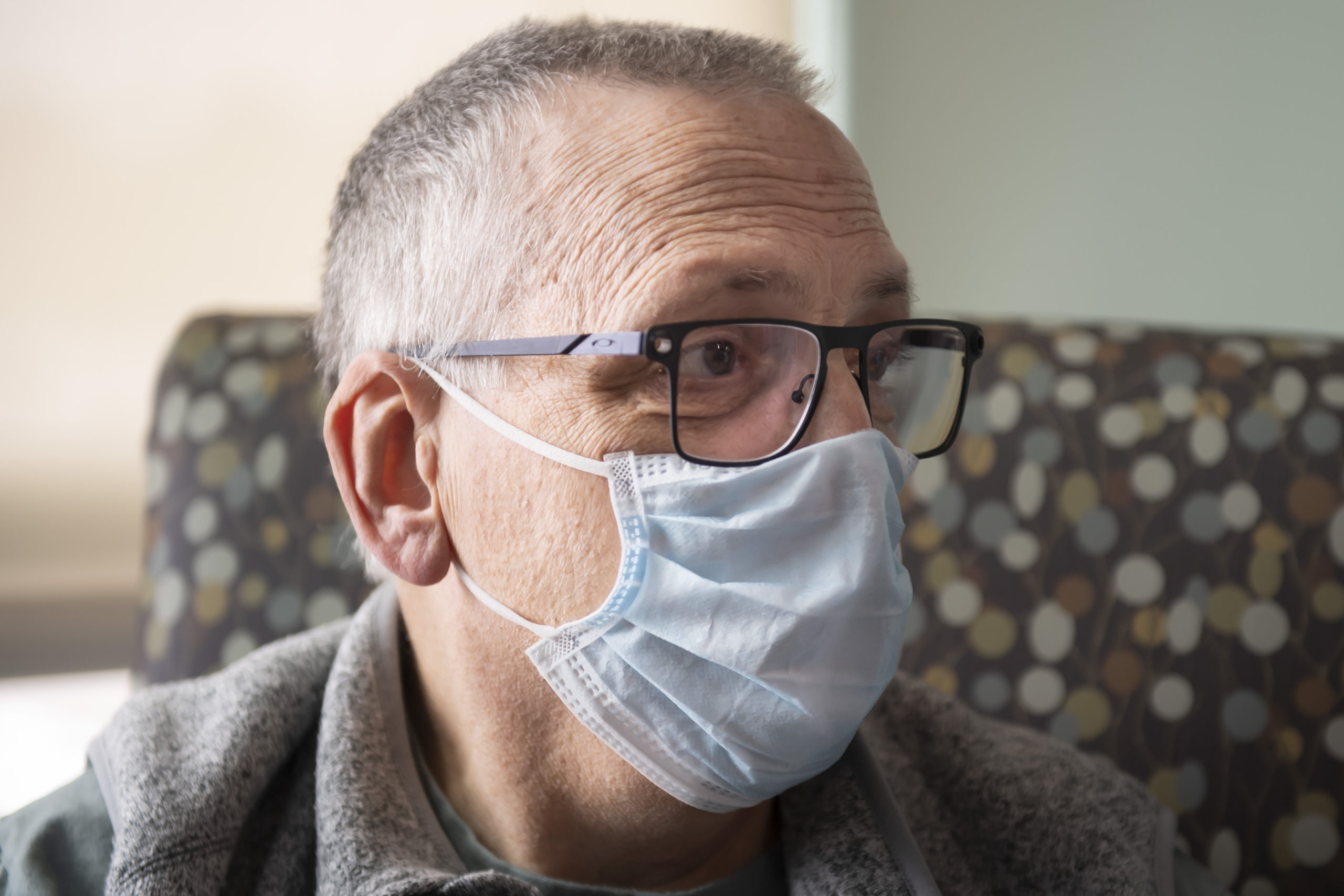
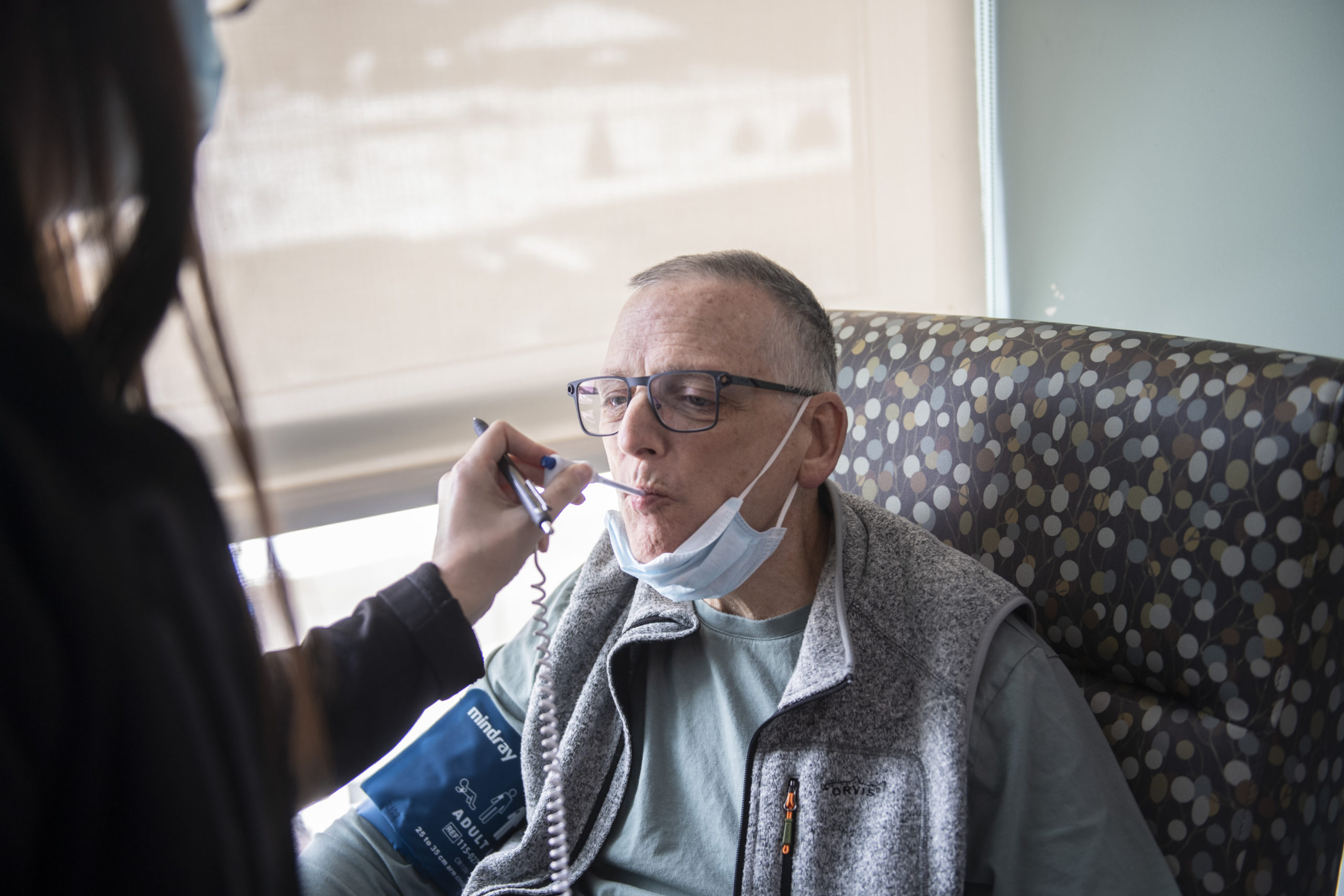
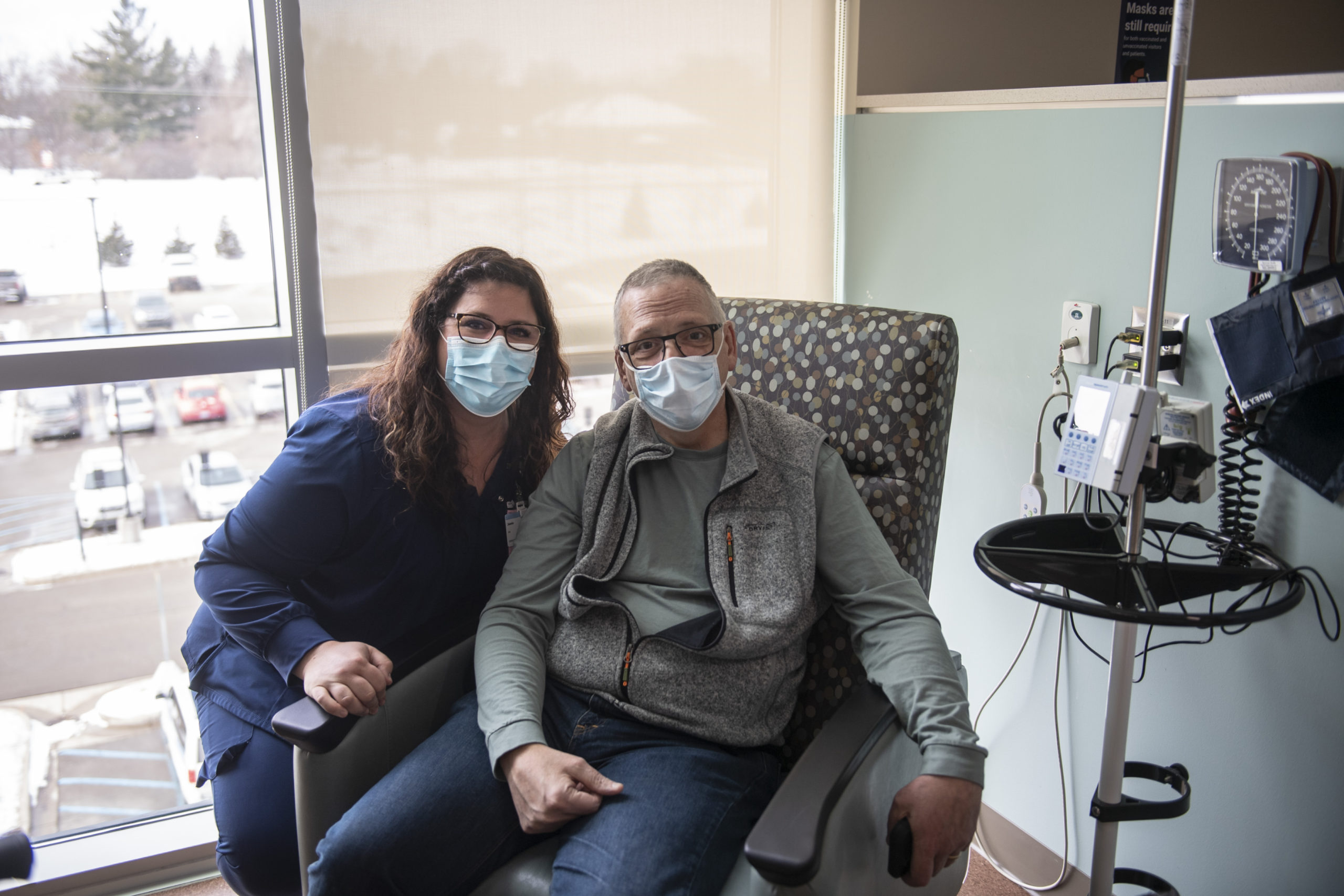
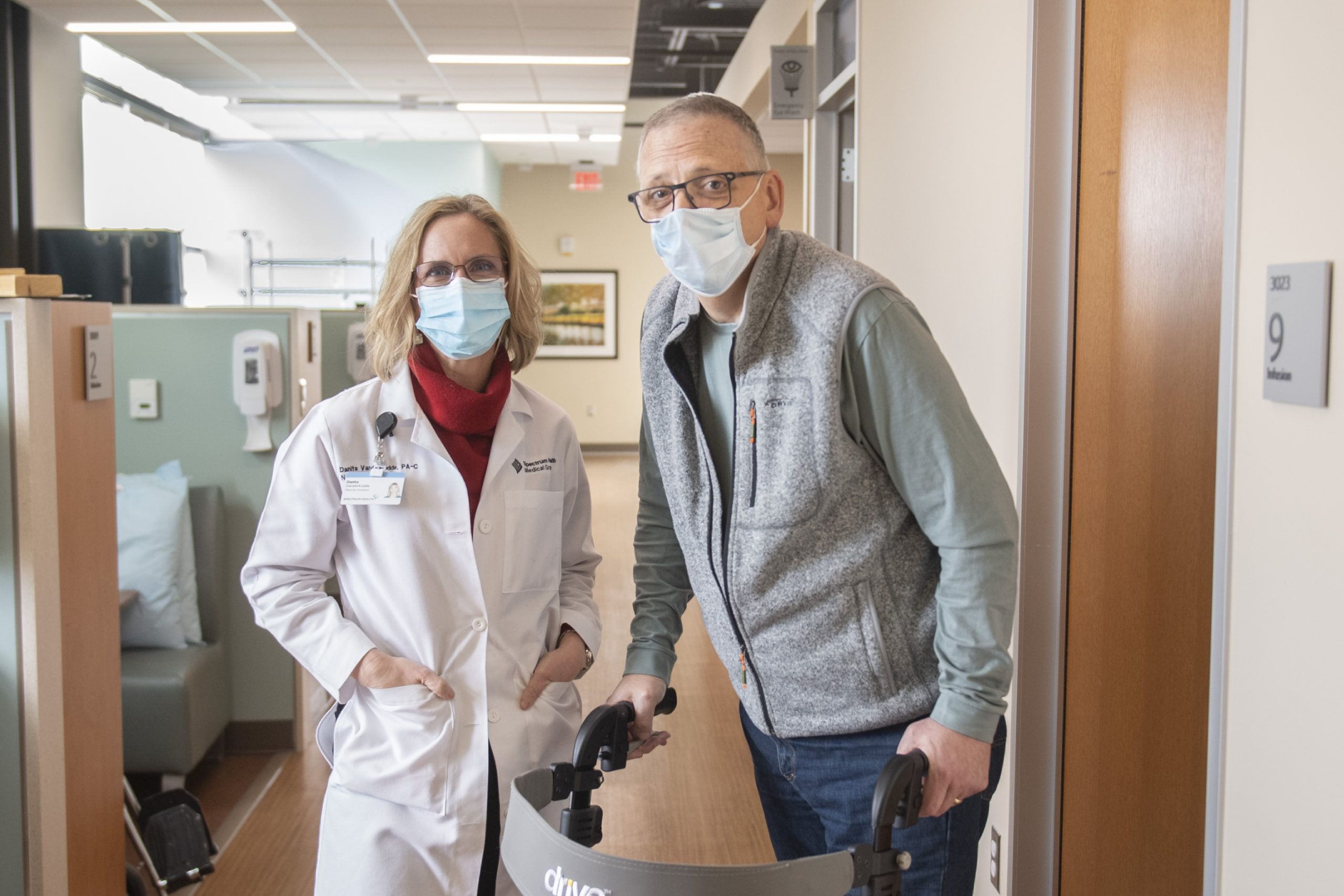
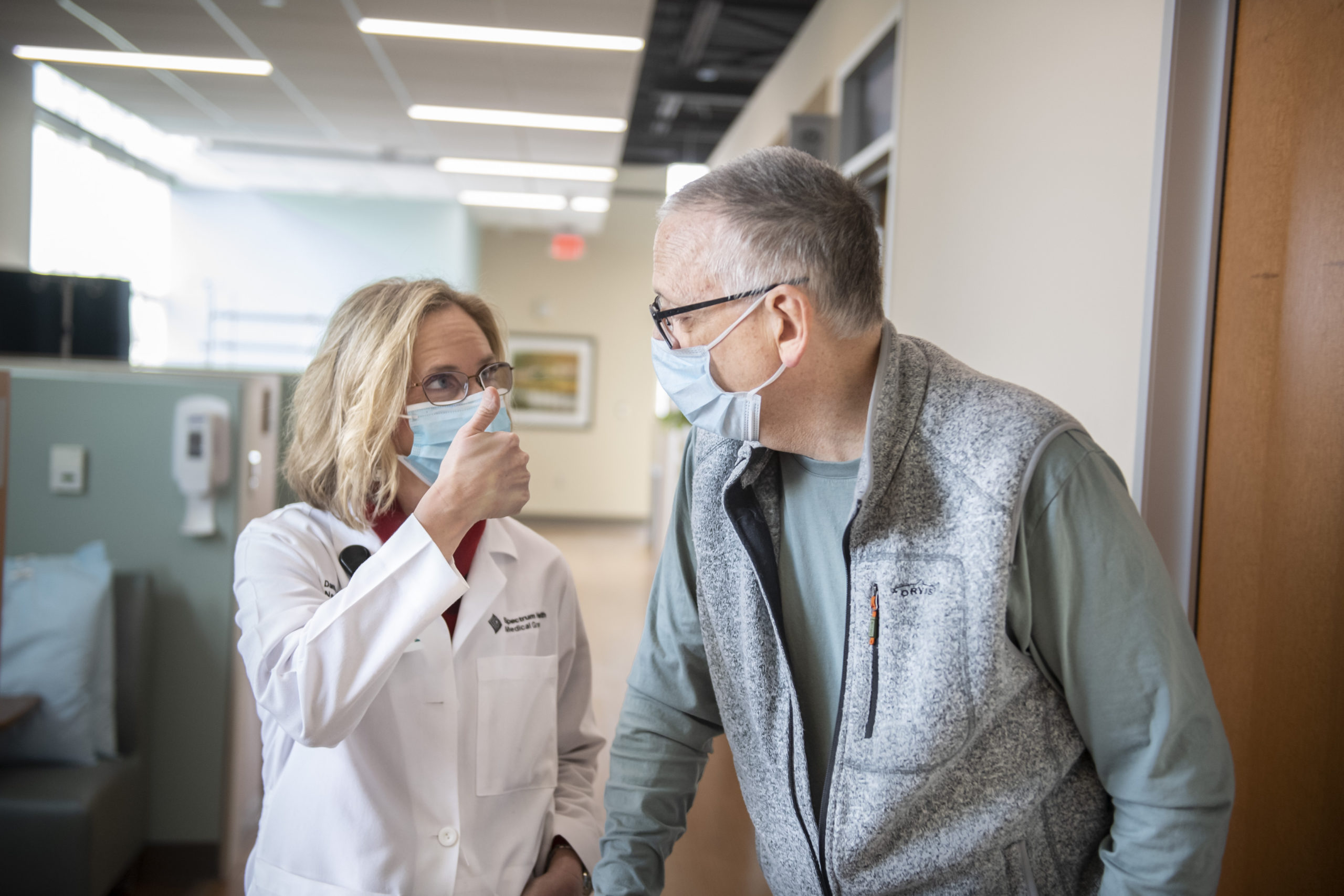
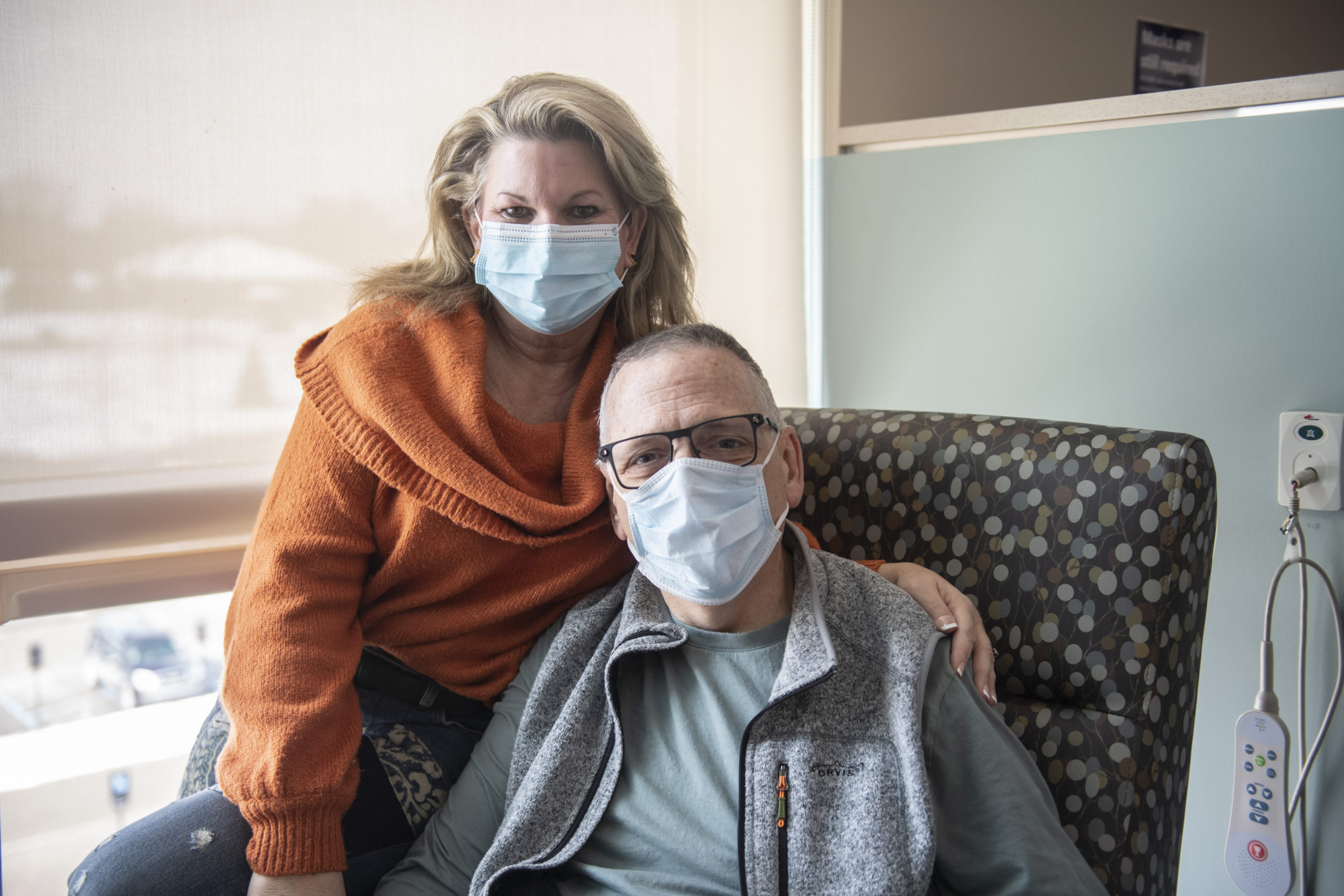

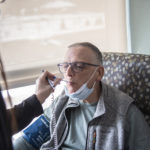
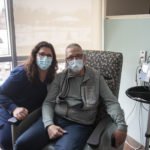
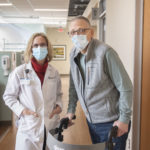

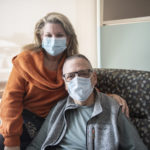
 /a>
/a>
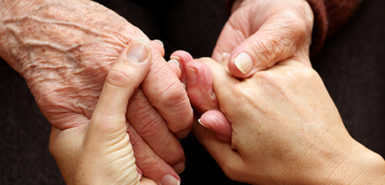 /a>
/a>
 /a>
/a>